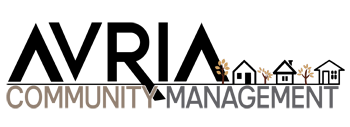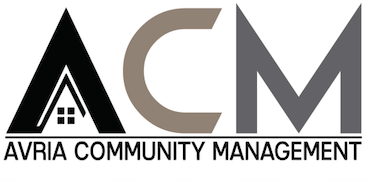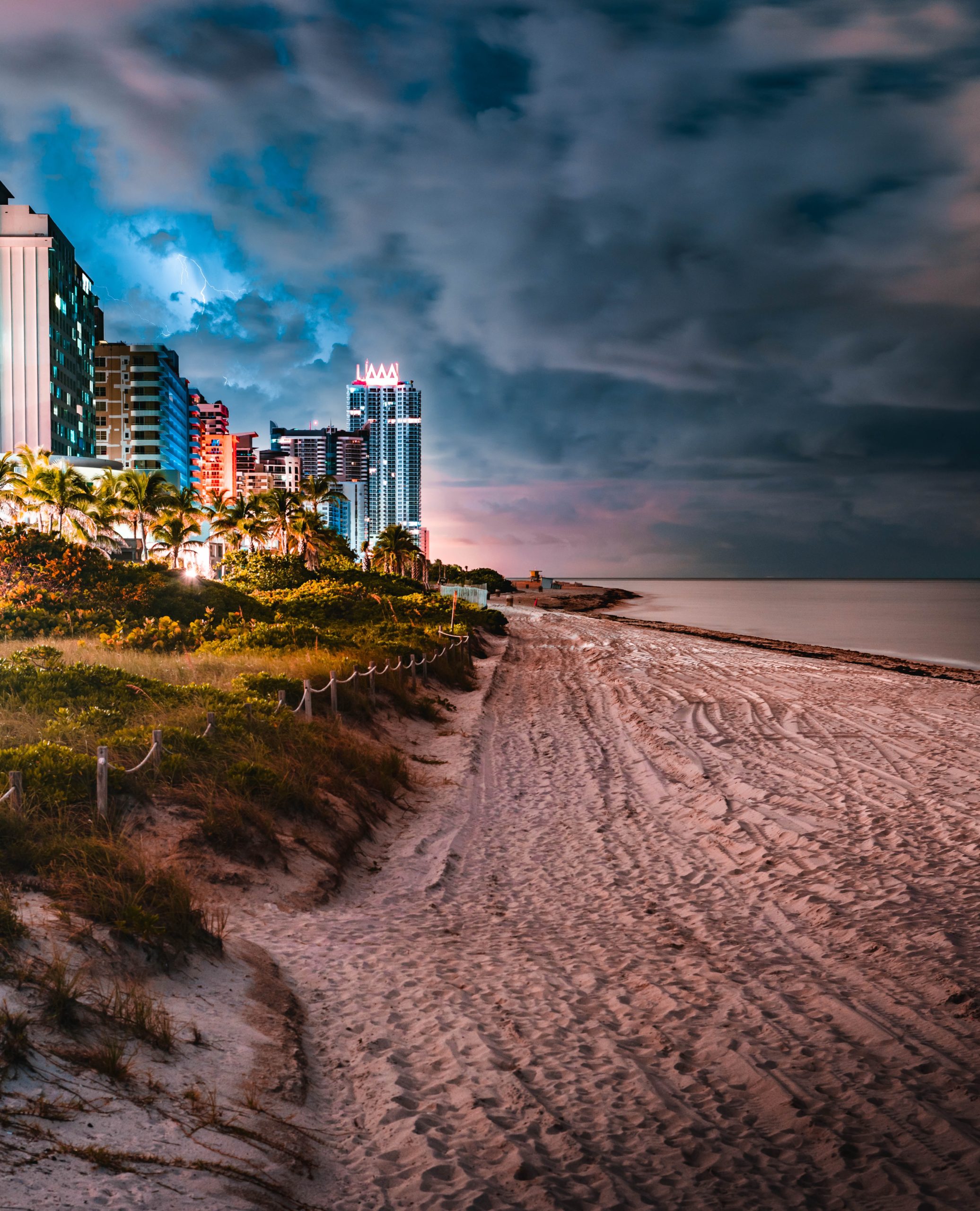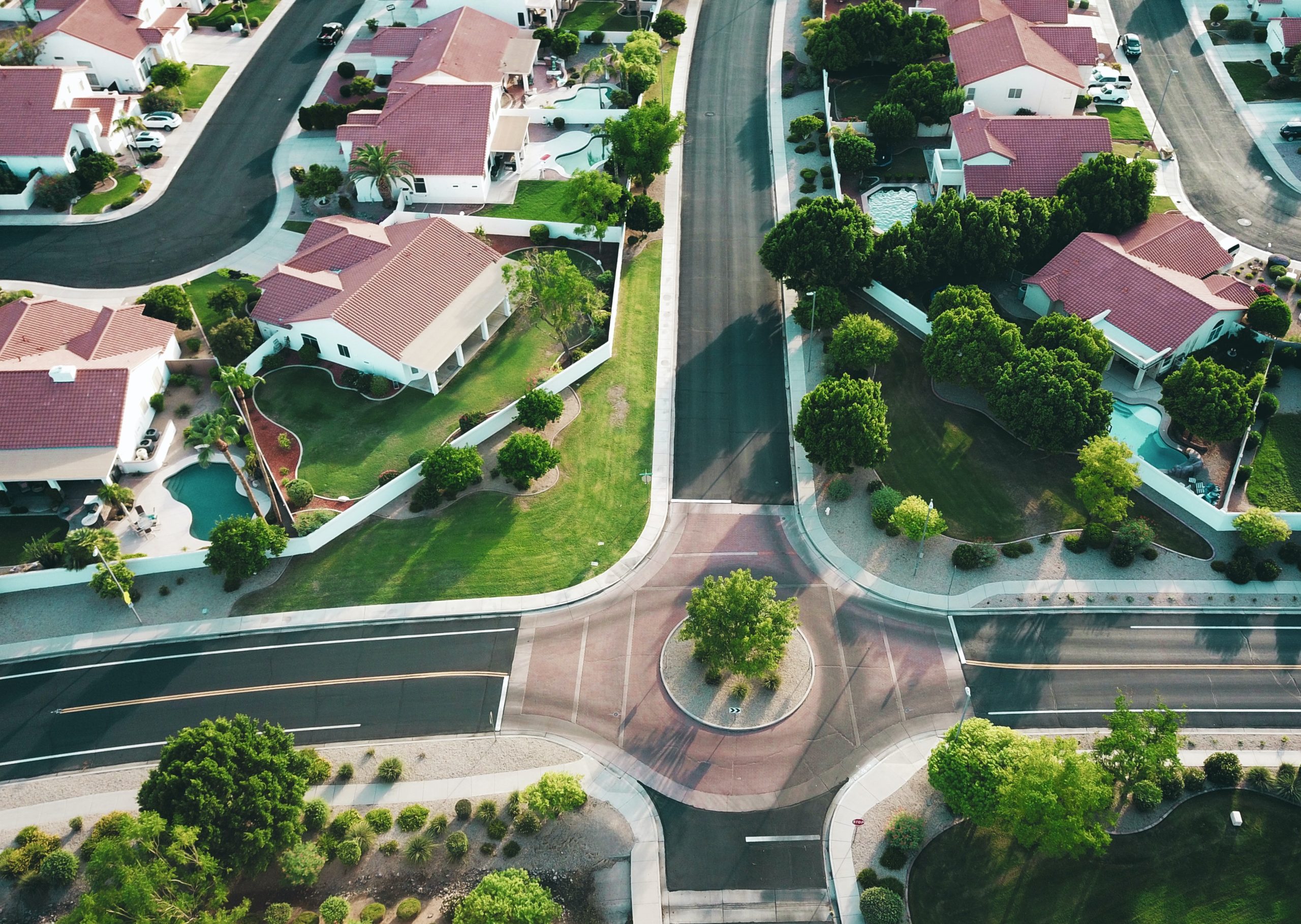Hurricane Season Readiness
Preparation is key
Hurricane season in Florida can be daunting, but with proper preparations and knowledge, you can effectively manage the potential challenges. Here are some tips to help you navigate through the hurricane season:
- Stay Informed: Stay updated with the latest weather forecasts and warnings by monitoring reputable sources such as the National Hurricane Center and local news outlets. Sign up for emergency alerts to receive timely notifications.
- Create an Emergency Plan: Develop a comprehensive emergency plan for your family, including evacuation routes, meeting points, and communication methods. Ensure everyone understands the plan and knows what to do in different scenarios.
- Stock Up on Supplies: Prior to hurricane season, stock up on essential supplies such as non-perishable food, drinking water, batteries, flashlights, first aid kits, and necessary medications. Have enough supplies to sustain your family for at least 72 hours.
- Secure Your Property: Prepare your home by reinforcing windows and doors, trimming trees and shrubs, and securing loose outdoor items. Consider installing hurricane shutters or impact-resistant glass to protect your windows.
- Have a Evacuation Plan: Familiarize yourself with the evacuation zones in your area and know the evacuation routes. If authorities issue evacuation orders, follow them promptly and ensure you have necessary items to take with you.
- Protect Important Documents: Safeguard important documents like identification papers, insurance policies, and medical records by keeping them in a waterproof and portable container. Consider scanning them and storing digital copies as well.
- Stay Connected: Ensure you have multiple ways to stay connected during a hurricane, such as having a battery-powered radio, a charged mobile phone, and backup power sources. Inform family and friends of your plans and check on them as well.
- Follow Safety Guidelines: During the hurricane, stay indoors and away from windows. Avoid using candles and instead rely on flashlights for lighting. If you lose power, turn off major appliances to prevent damage from power surges when electricity is restored.
Remember, each hurricane is unique, so adapt your preparations accordingly. By being prepared and staying informed, you can better manage hurricane season in Florida and keep yourself and your loved ones safe. Stay vigilant and take necessary precautions to minimize the impact of any potential storms.
Insurance Reminders
Know your coverage
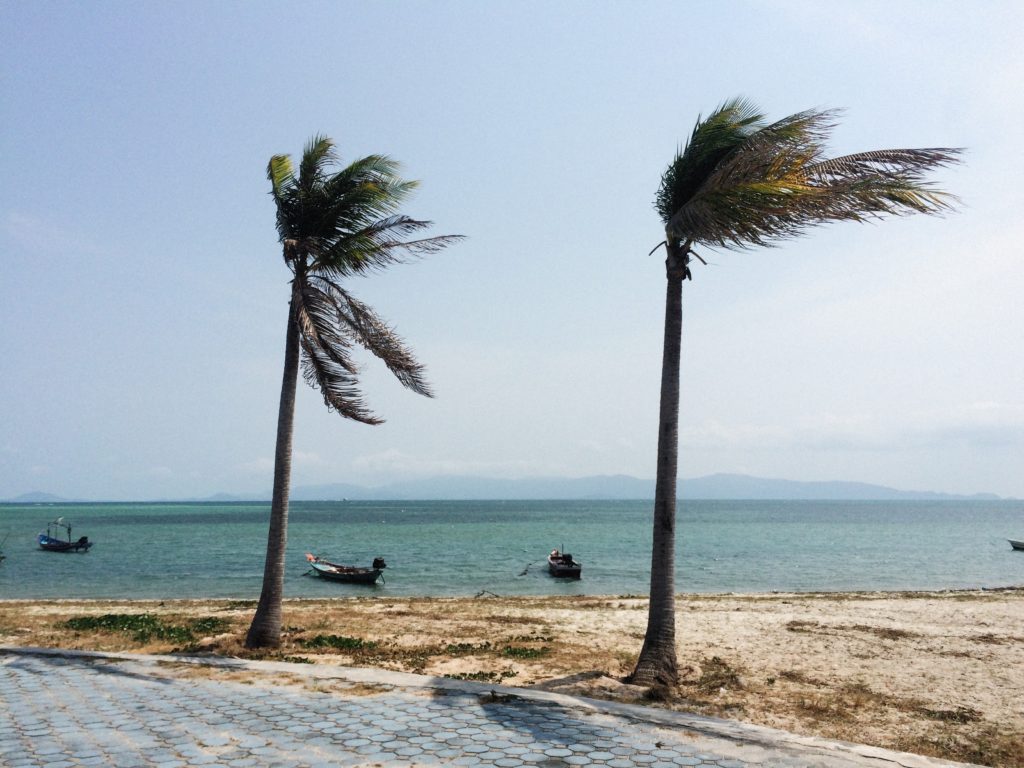
In light of the ongoing insurance crisis in Florida, it is essential for residents to review and reassess their insurance coverage. With the increasing frequency of natural disasters and the potential for costly damages during hurricane season, taking a proactive approach is crucial to protect your assets and financial well-being. Here are a few key points to consider while checking your insurance coverage during hurricane season:
- Homeowners Insurance: Ensure that your homeowners insurance policy adequately covers the value of your property, including any upgrades or renovations you may have made. Review your coverage limits for dwelling, personal property, liability, and additional living expenses. Additionally, verify if you have sufficient coverage for specific risks such as hurricanes, flooding, or other natural calamities.
- Flood Insurance: Many standard homeowners insurance policies do not include coverage for flood damage. Considering Florida’s vulnerability to hurricanes and heavy rainfall, it’s prudent to evaluate whether you need a separate flood insurance policy. The National Flood Insurance Program (NFIP) and private insurers offer flood insurance options, so explore the available options to find the best fit for your needs.
- Windstorm Insurance: Given Florida’s exposure to strong winds and hurricanes, windstorm insurance is vital. Double-check if your homeowners insurance policy includes comprehensive windstorm coverage. If not, consider adding a windstorm or hurricane insurance policy to protect your property against wind-related damages.
- Vehicle Insurance: Confirm that your auto insurance is up to date with appropriate coverage limits and deductibles. With the possibility of increased accidents and damages during a crisis, having comprehensive coverage and uninsured/underinsured motorist coverage can provide added protection.
- Valuables and Personal Belongings: Take an inventory of valuable possessions, such as jewelry, artwork, or electronics. Ensure that your insurance policy adequately covers these items. You may need to consider additional riders or separate policies to insure high-value belongings properly.
- Policy Exclusions and Limitations: Carefully review your policy’s exclusions, limitations, and endorsements. Understand what is covered and what is not. If you have any questions or concerns, contact your insurance agent or company for clarification.
Remember, insurance coverage needs vary based on personal circumstances, geographical location, and individual preferences. Regularly revisiting and updating your insurance policies can help ensure you are adequately protected during Florida’s hurricane season.
– The Avria Community Management Team

